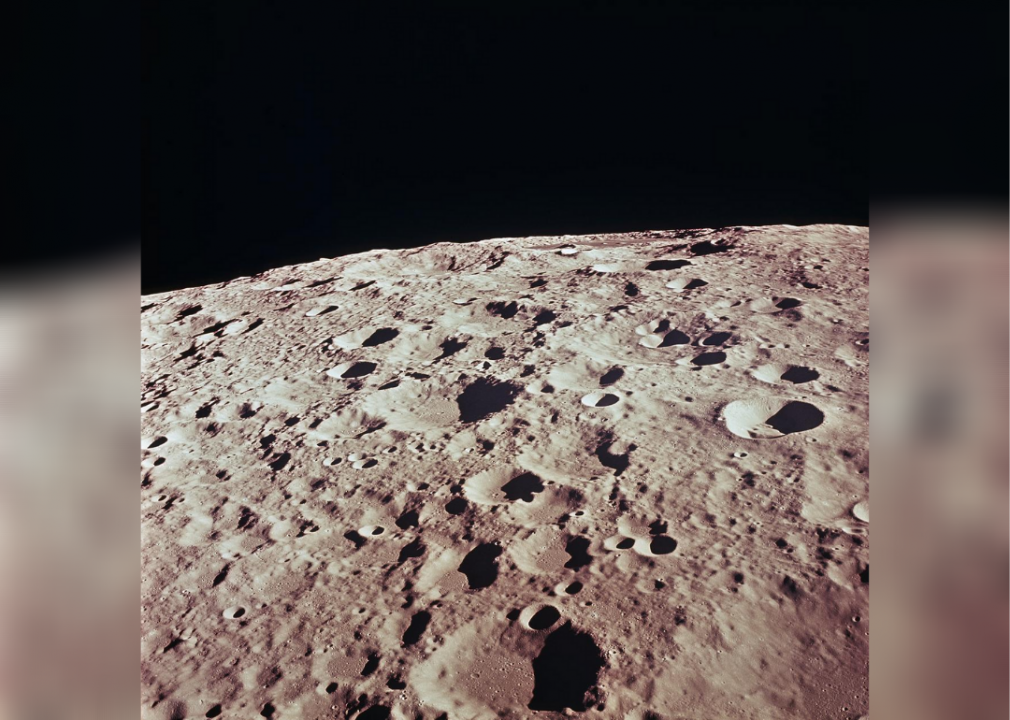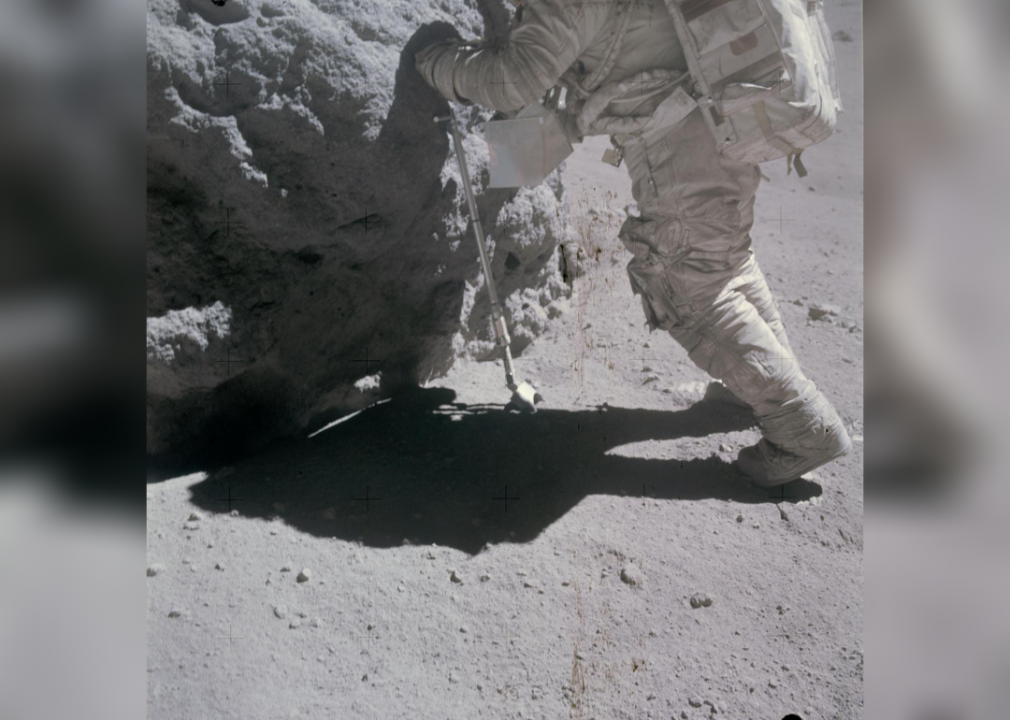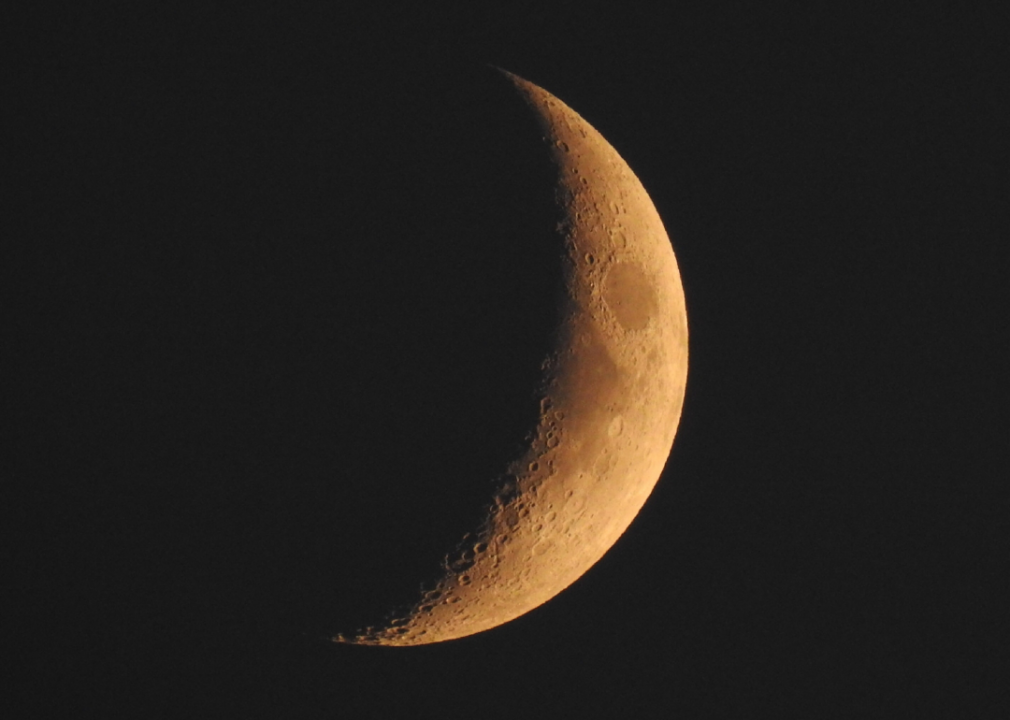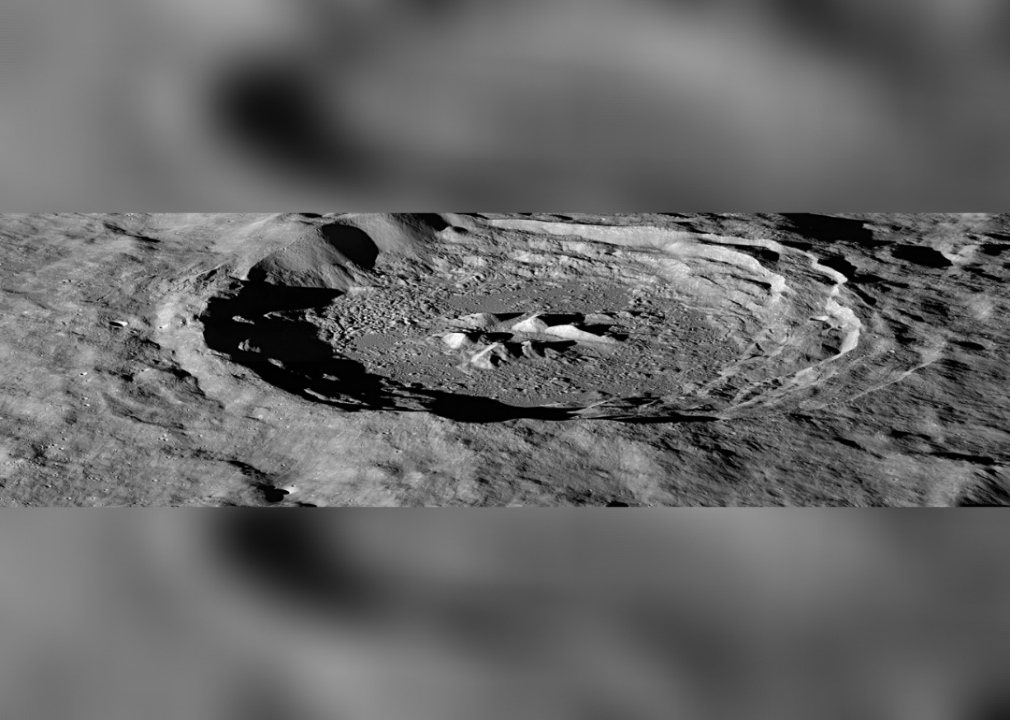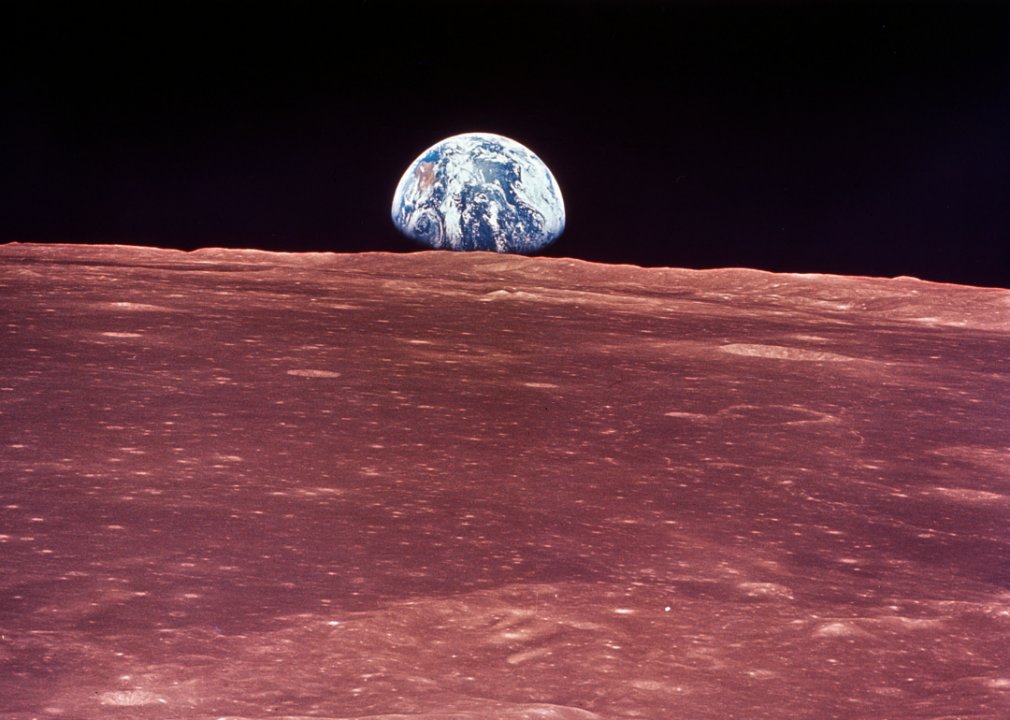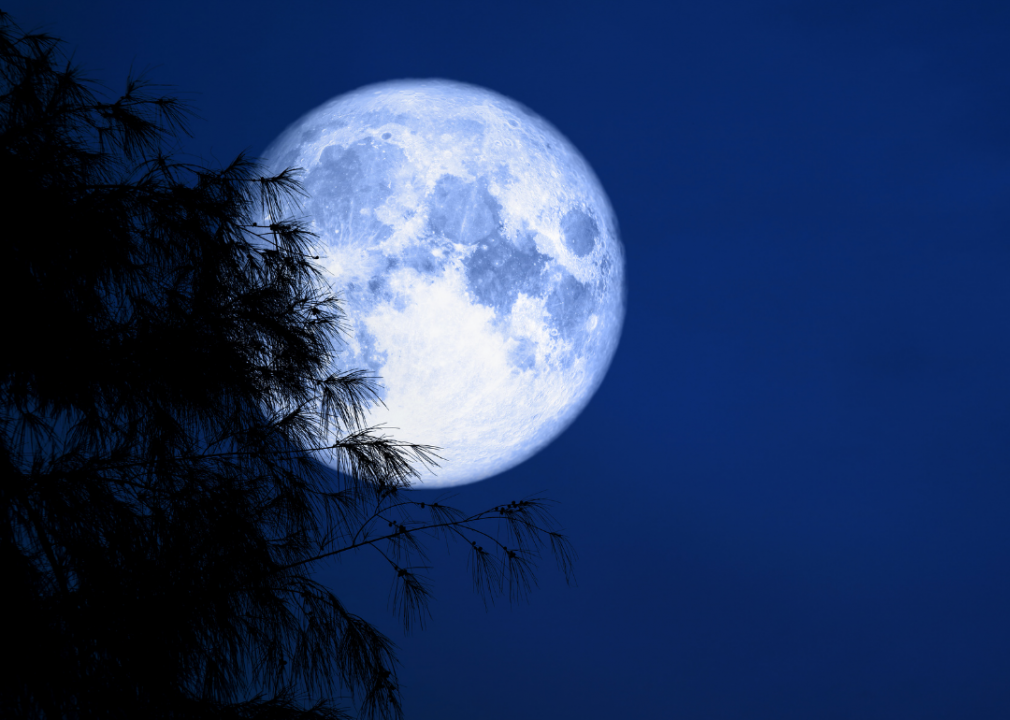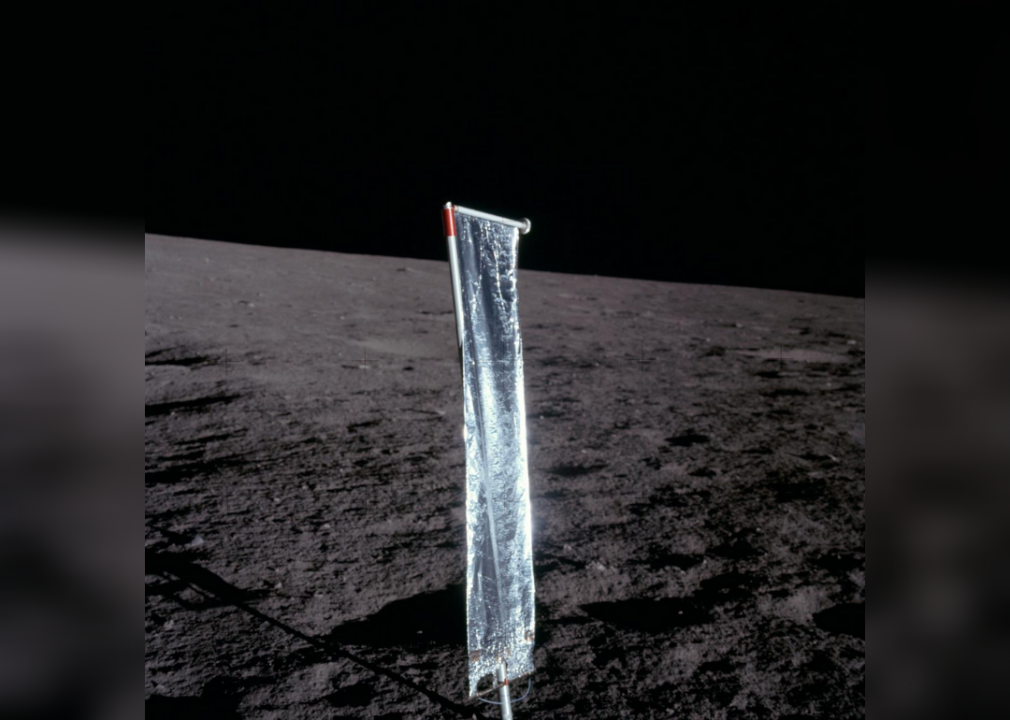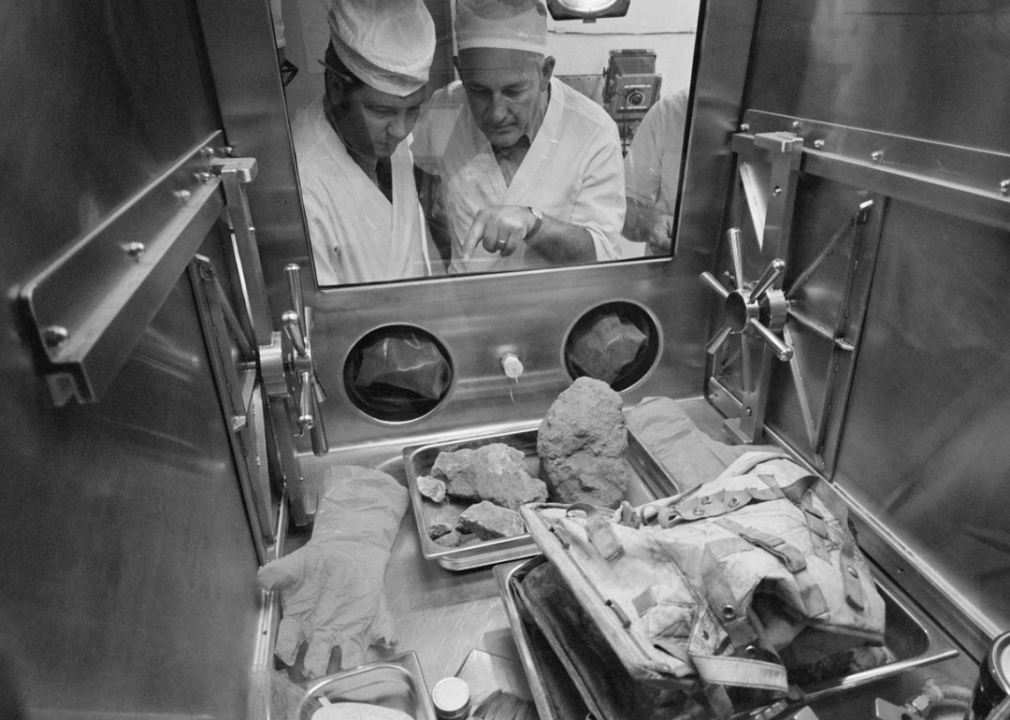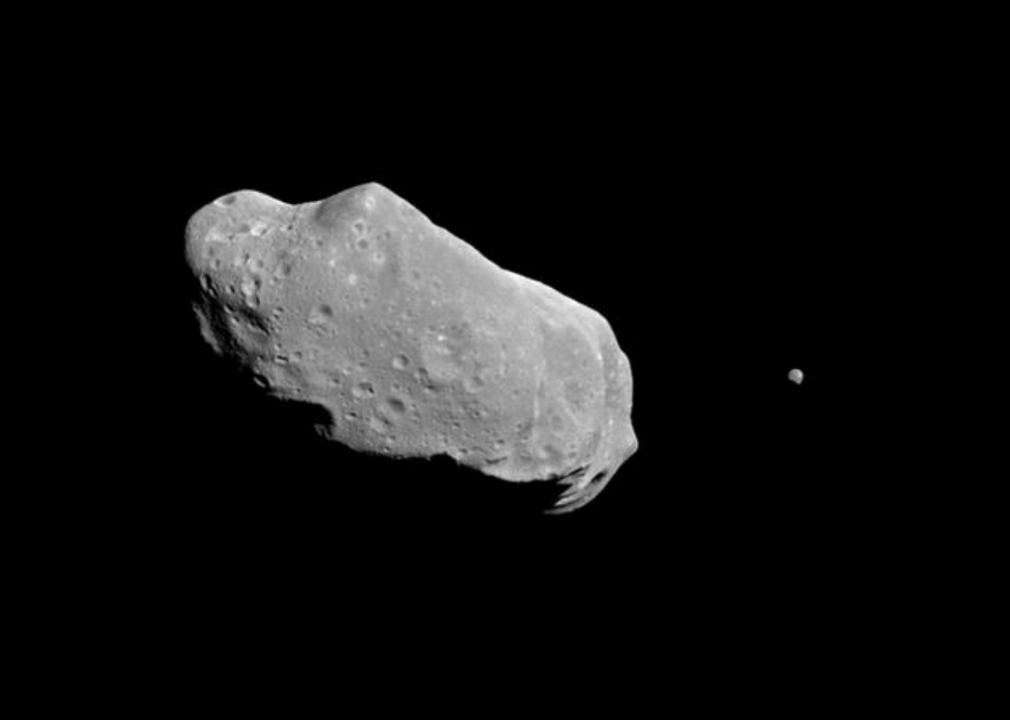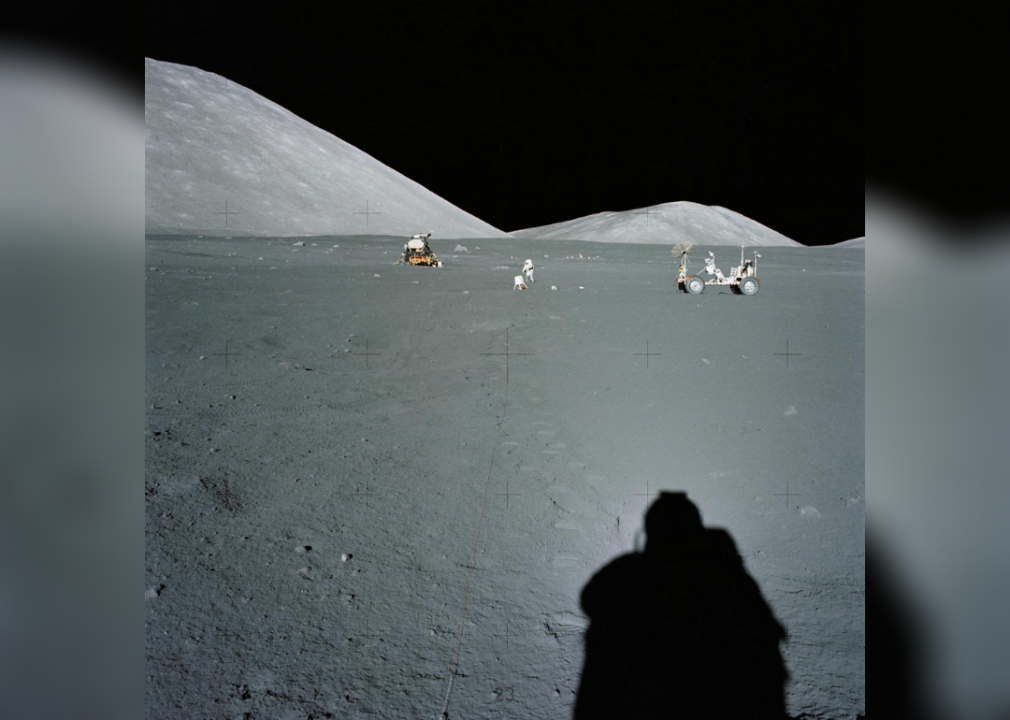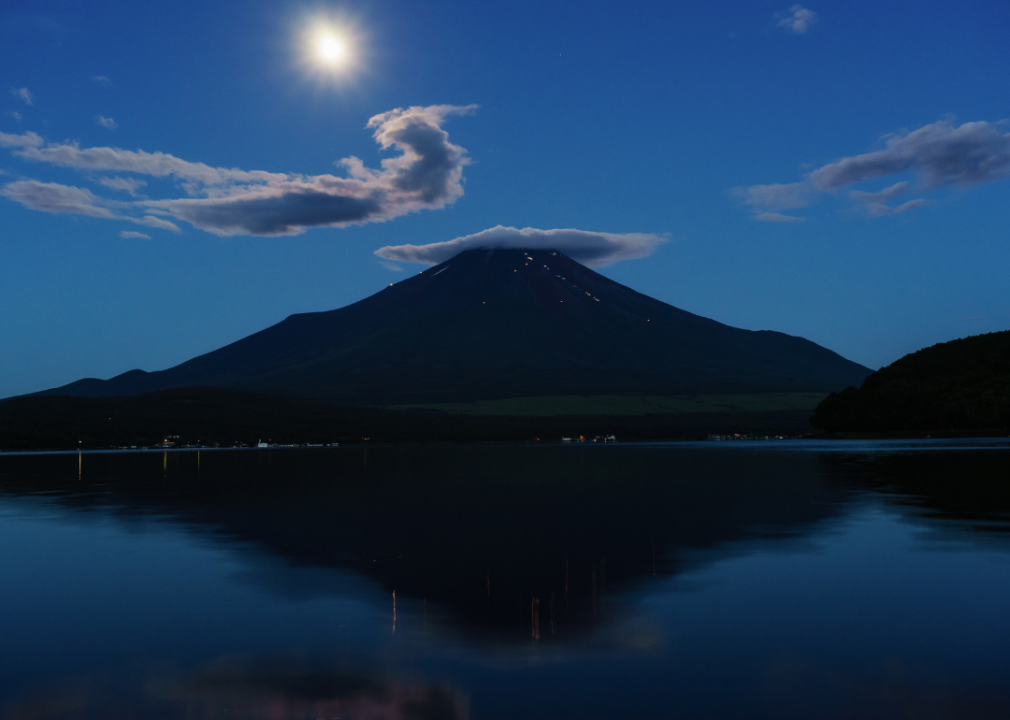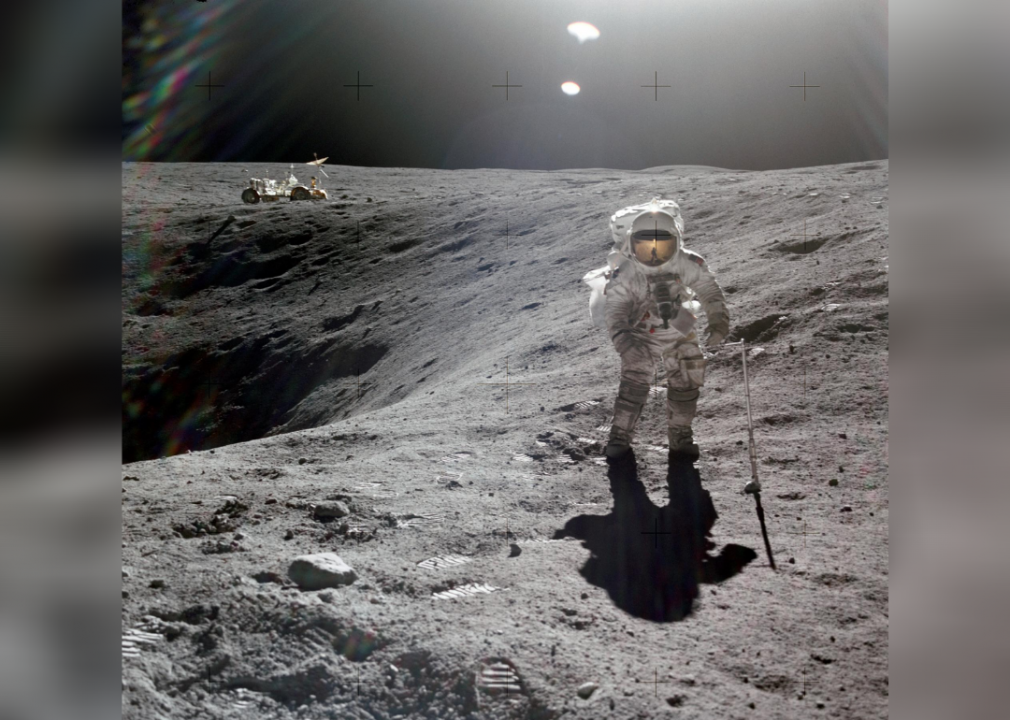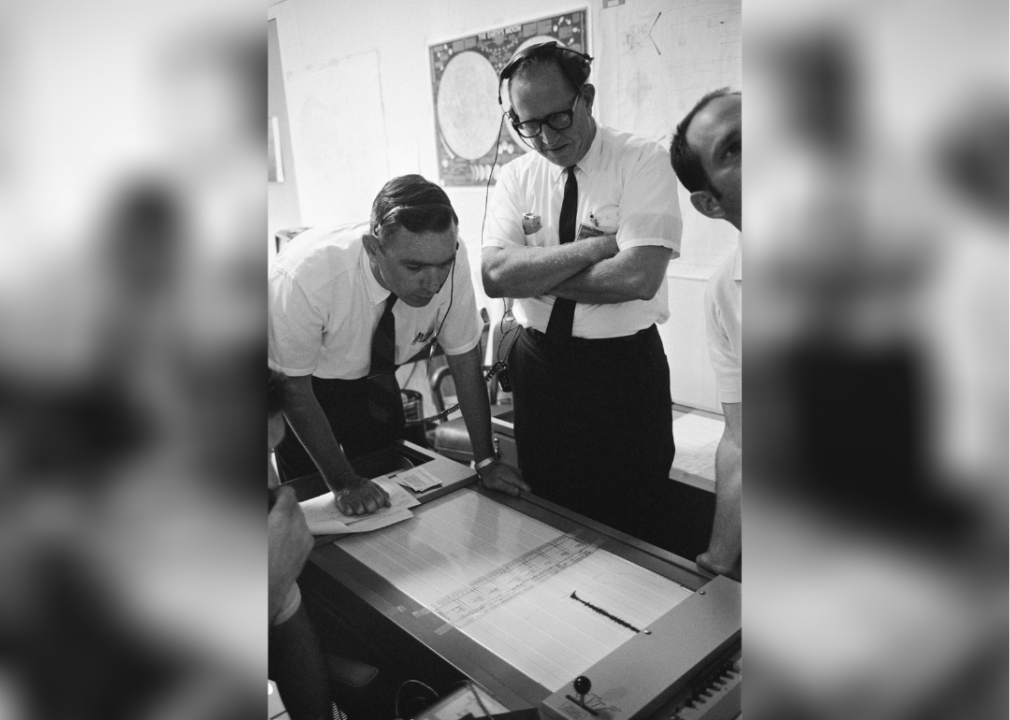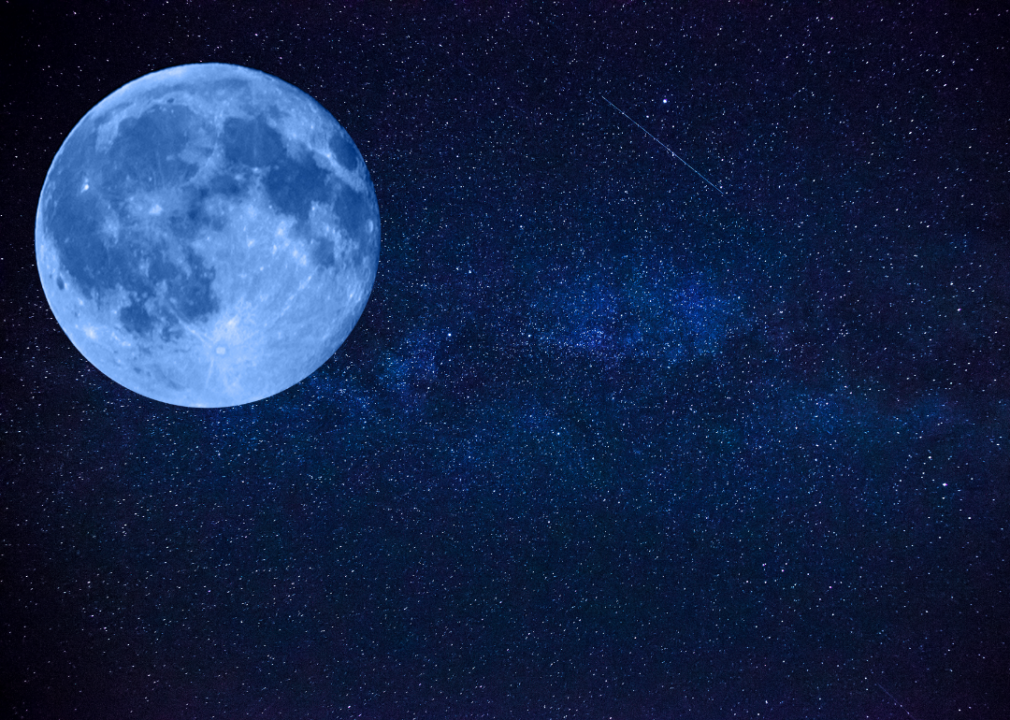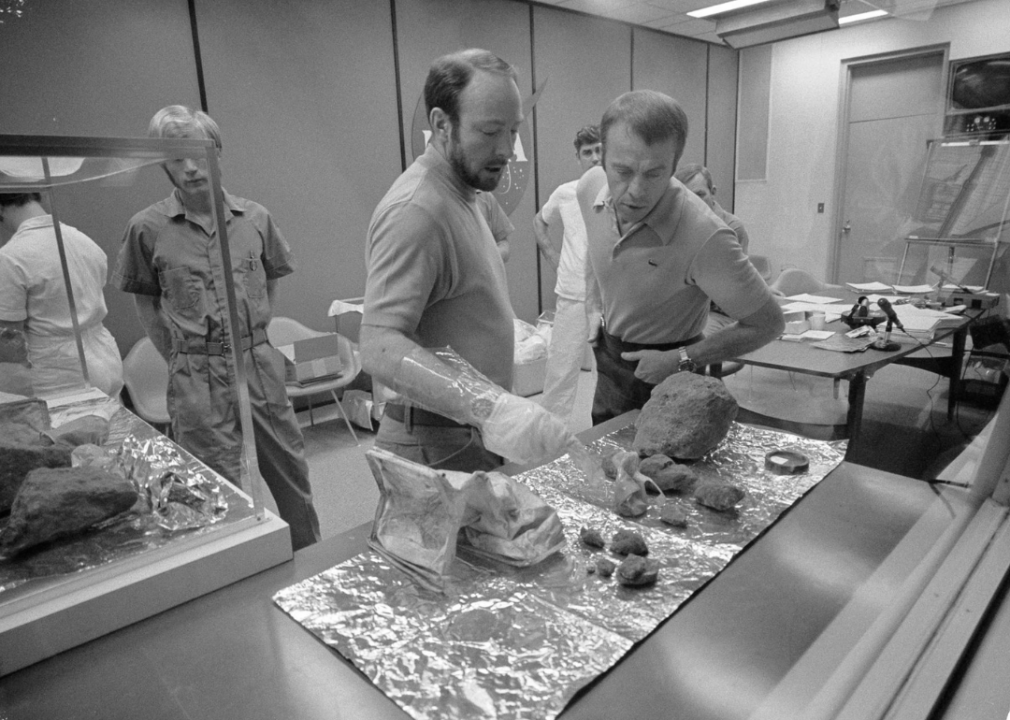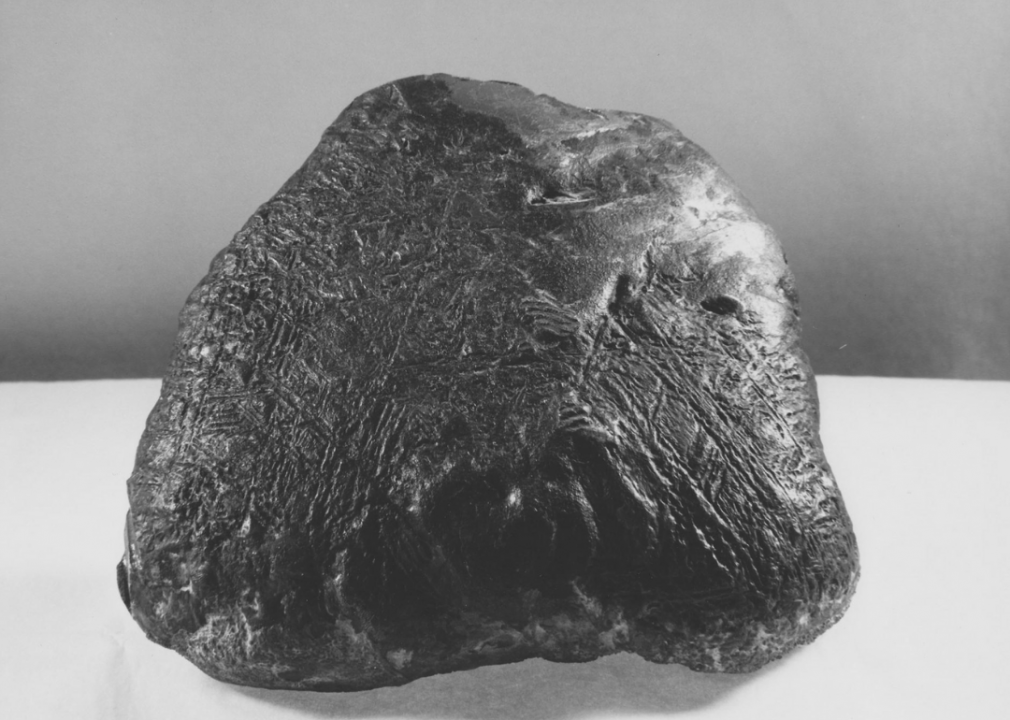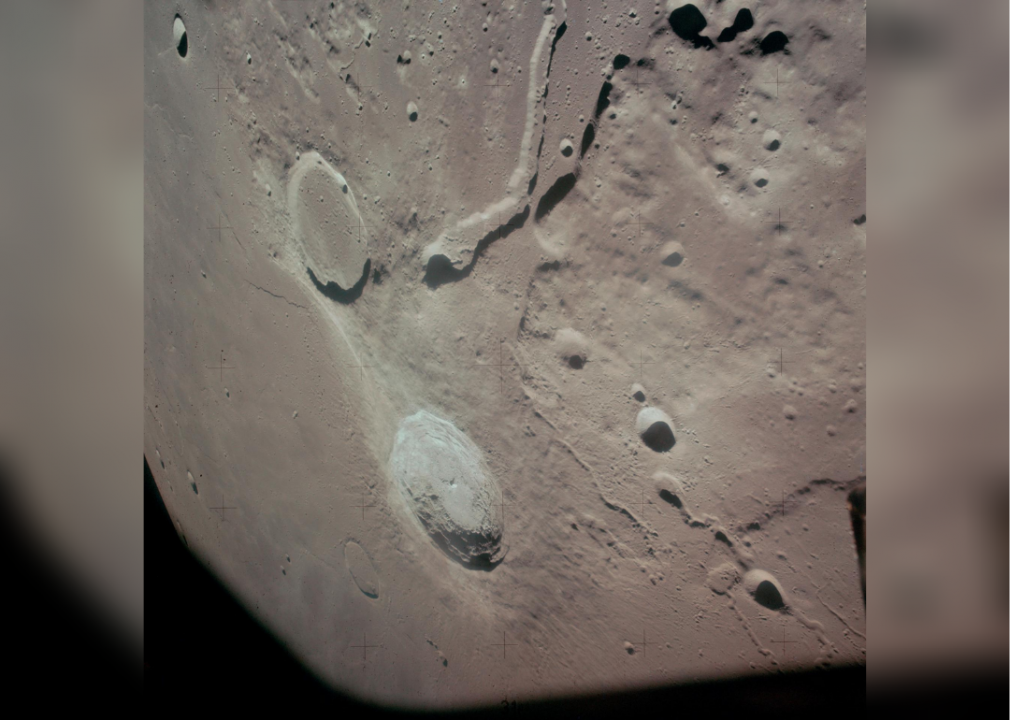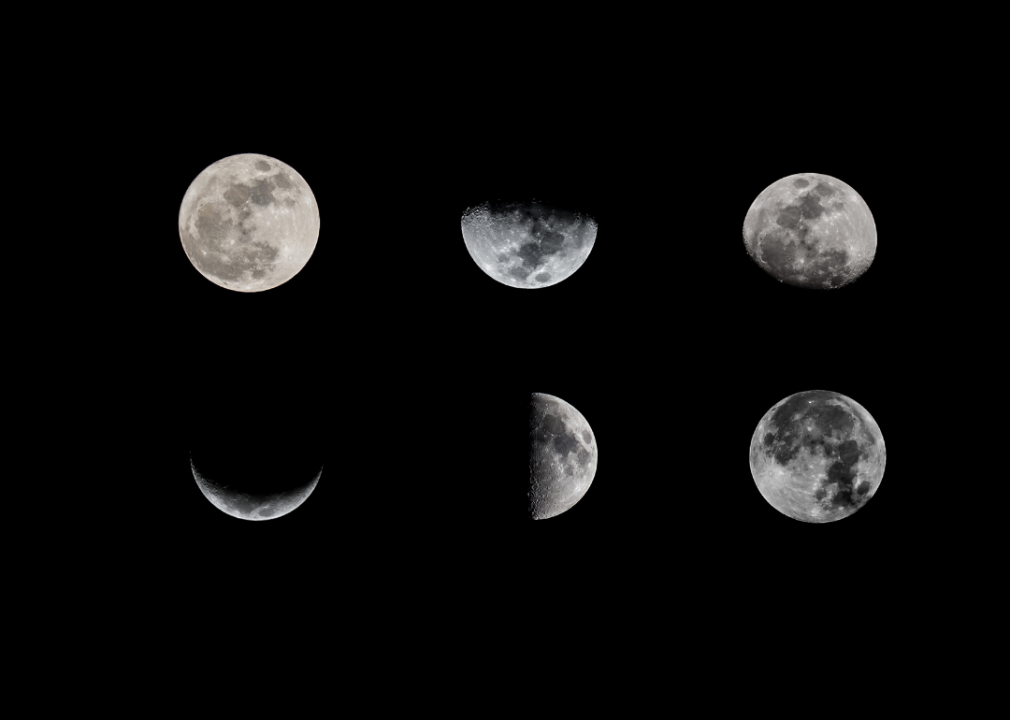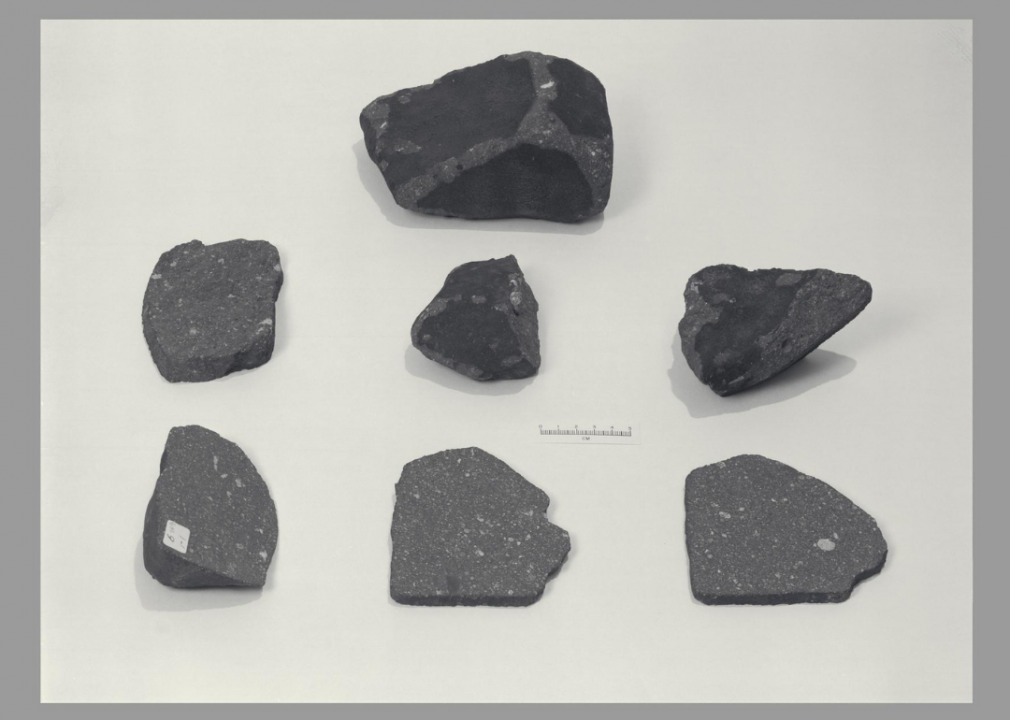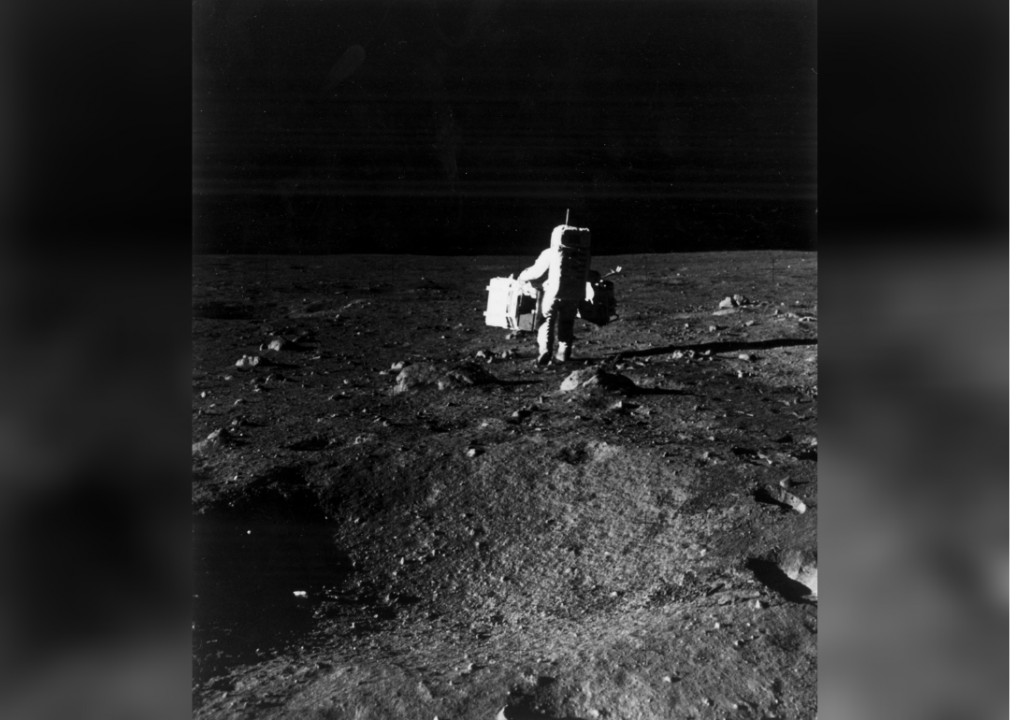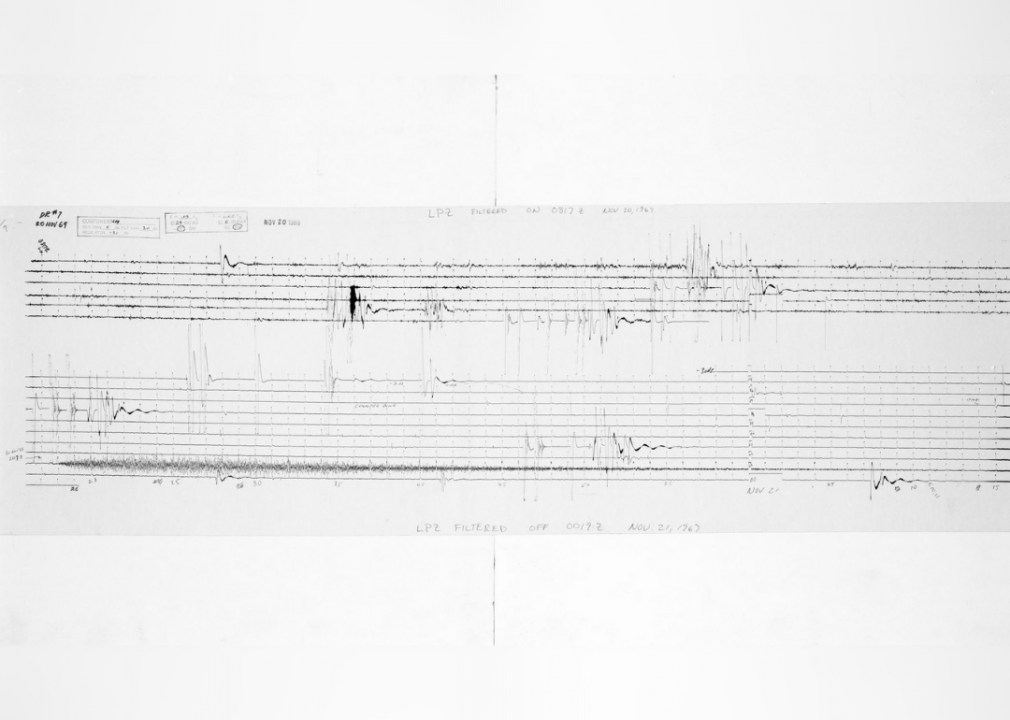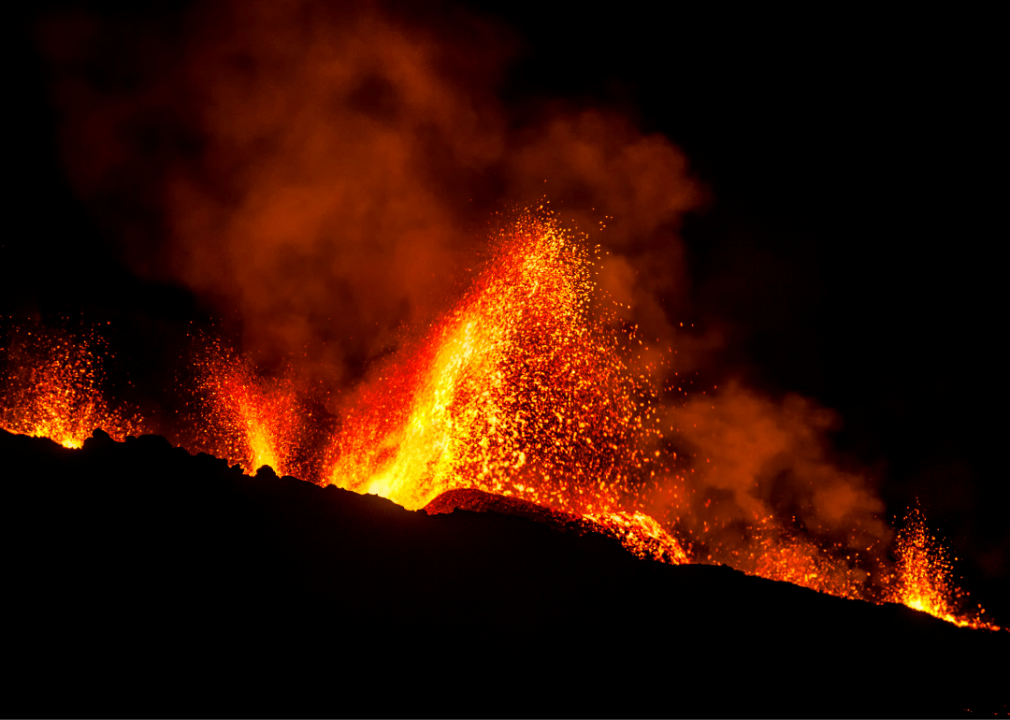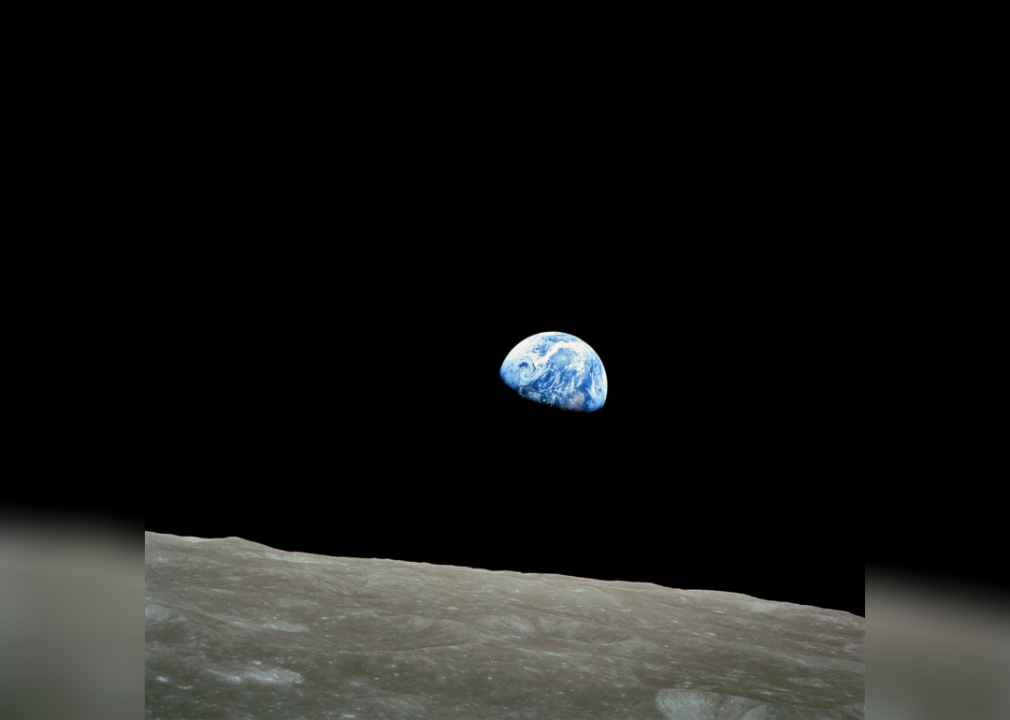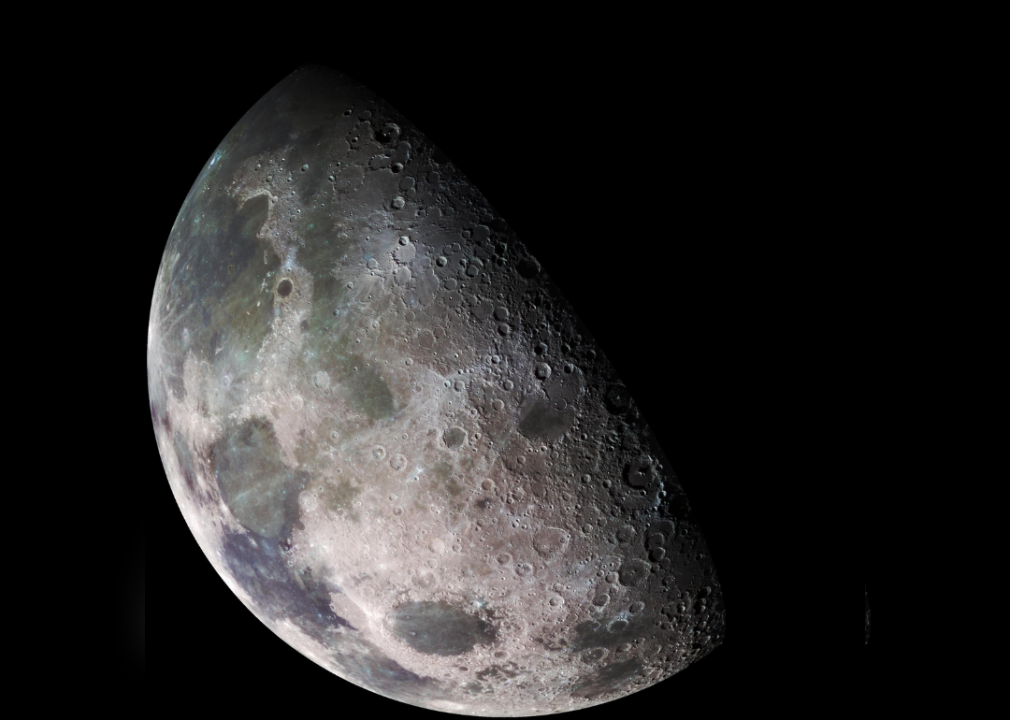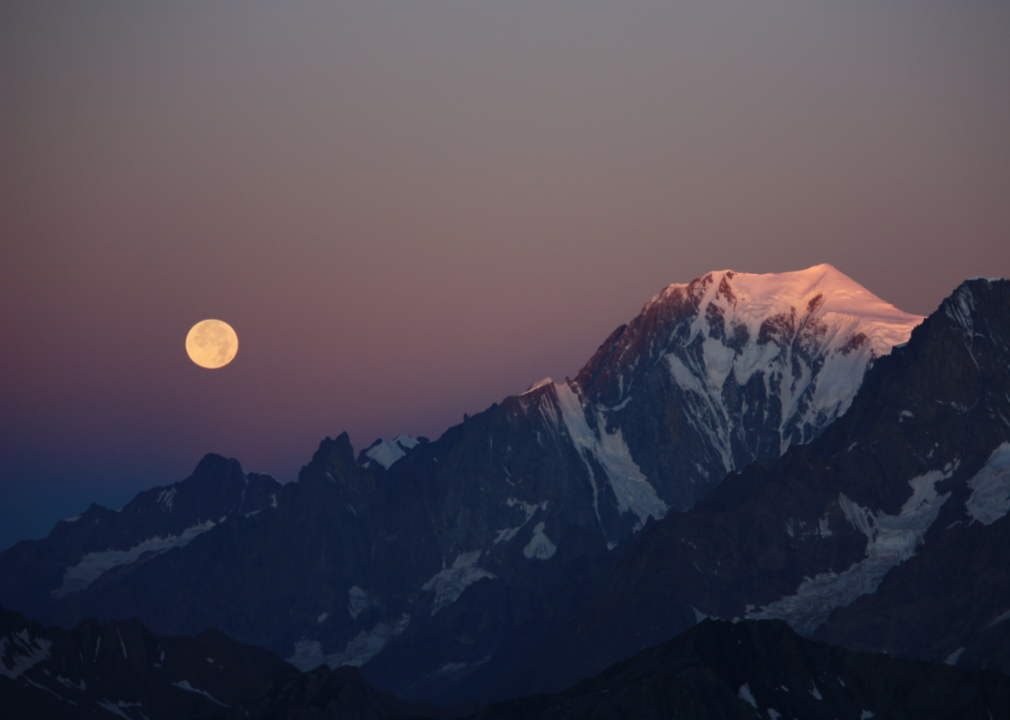25 things we’ve learned about the moon since 1969
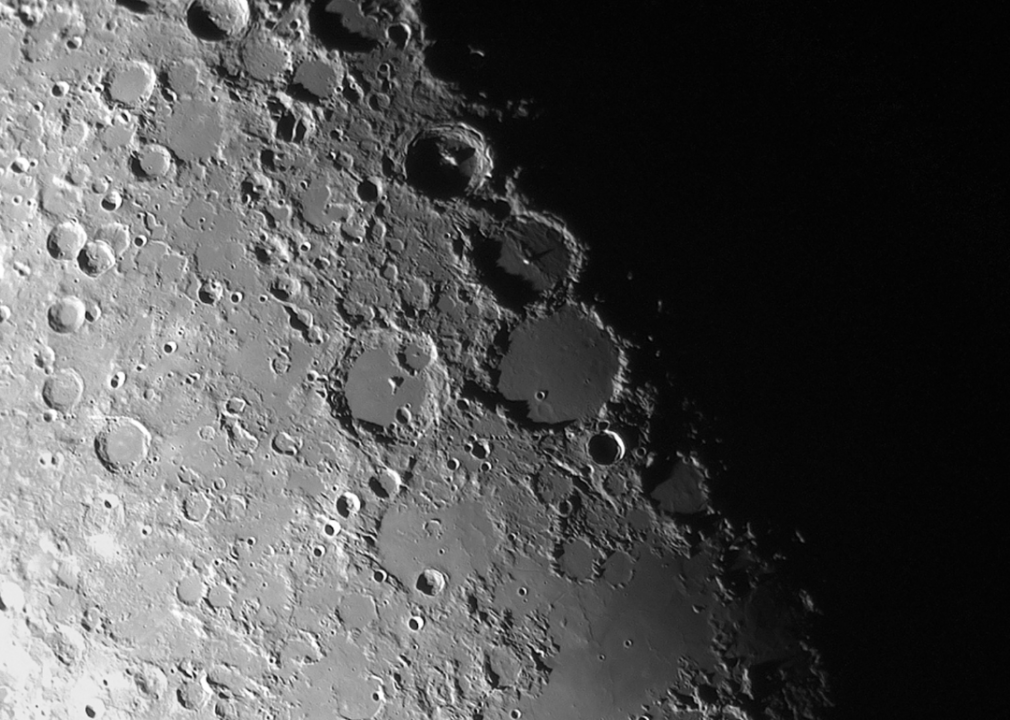
Canva
25 things we’ve learned about the moon since 1969
Closeup of the moon’s surface
NASA
The moon is lifeless
NASA
The moon is about 4.5 billion years old
Canva
The moon is not primordial—it evolved
NASA
The moon is shrinking
Canva
There is water on the moon…
Canva
…and not just in cold, dark places
NASA
The solar wind changes
NASA
The youngest rocks from the moon are as old as Earth’s oldest rocks
NASA
The moon’s craters were caused by asteroid impacts
NASA
Its crust offers perspective on other planets
Canva
The Earth and moon are genetically related
NASA
The lunar surface is solid
NASA
The moon is seismically active
Canva
The moon is covered with rocks and dust called regolith
NASA
Moon rocks were formed in high temperatures without water
NASA
There’s a huge reserve of heavy metal under the moon’s South Pole
NASA
The moon has at least two lunar pits
Canva
The moon has a crust, mantle, and core—just like Earth
NASA
The Earth and moon trade meteorites
NASA
The moon is moving away from Earth
NASA
Moonquakes can last up to 10 minutes
Canva
When it was still very young, the moon melted to form a magma ocean
Canva
The moon’s gravity helps strengthen Earth’s shield
NASA
The moon is asymmetrical
Canva
